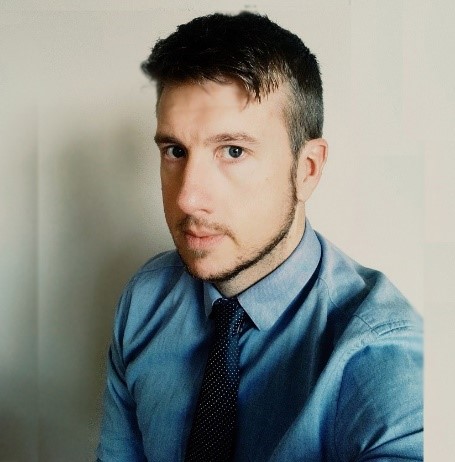

Mar 2023

Host: WDRC Students Committee
Abstract:
Fluorine is a key element for the synthesis of molecules broadly used in medicine, agriculture and materials. Adding fluorine atoms onto organic structures is a unique strategy for tuning molecular properties—yet organofluorines are rarely found in Nature, and approaches to integrate fluorometabolites into the chemistry of living cells are scarce. In this seminar, I will also discuss how synthetic metabolism can be implemented to expand the chemical landscape of bacteria, thus providing alternative biosynthetic strategies for fluorinated building-blocks. This general approach will be illustrated by showing how synthetic gene circuits can be engineered in the platform bacterium Pseudomonas putida for organofluorine biosynthesis. To this end, fluoride-responsive riboswitches, orthogonal RNA polymerases and novel fluorinating enzymes mined from extreme environments were combined to drive in vivo biofluorination. Biosynthesis of fluoronucleotides and fluorosugars in engineered P. putida is demonstrated with mineral fluoride both as the only fluorine source (i.e. as a substrate of the pathway) and as inducer of the synthetic circuit. Building on these results, prospects for bioproduction of fluorinated building blocks and materials will be likewise discussed.
Bio:
Pablo I. Nikel earned a Ph.D. in Biotechnology and Molecular Biology (2009) in Buenos Aires, Argentina. During graduate school, his research focused on repurposing two-component signal transduction systems in Escherichia coli to produce biopolymers and biofuels. After receiving training in 13C-based quantitative physiology technologies in USA (Rice University, supported by the ASM), Pablo moved to Europe in 2011 as a post-doctoral fellow in Prof. de Lorenzo's laboratory in Madrid, funded by the European Molecular Biology Organization (EMBO) and the Marie Skłodowska-Curie Actions (MSCA) of the European Commission. During his post-doctoral training, he came across the world of environmental bacteria—and, in particular, that of Pseudomonas putida. Inspired by the unique possibilities that this bacterium offers for bioengineering, he is now leading the Systems Environmental Microbiology Group at DTU Biosustain. Pablo's team aims at rewriting P. putida's core biochemistry through synthetic metabolism for biosynthesis of novel compounds with a focus on new-to-nature fine chemicals (www.sem-cfb.com). The ultimate ambition of this research programme is expanding the very limits of microbial biochemistry—granting access to compounds that, as of today, are exclusively produced via traditional chemistry nowadays. Pablo is also the coordinator of the H2020 project SinFonia (www.sinfoniabiotec.eu) and full Professor of the Technical University of Denmark (2023).